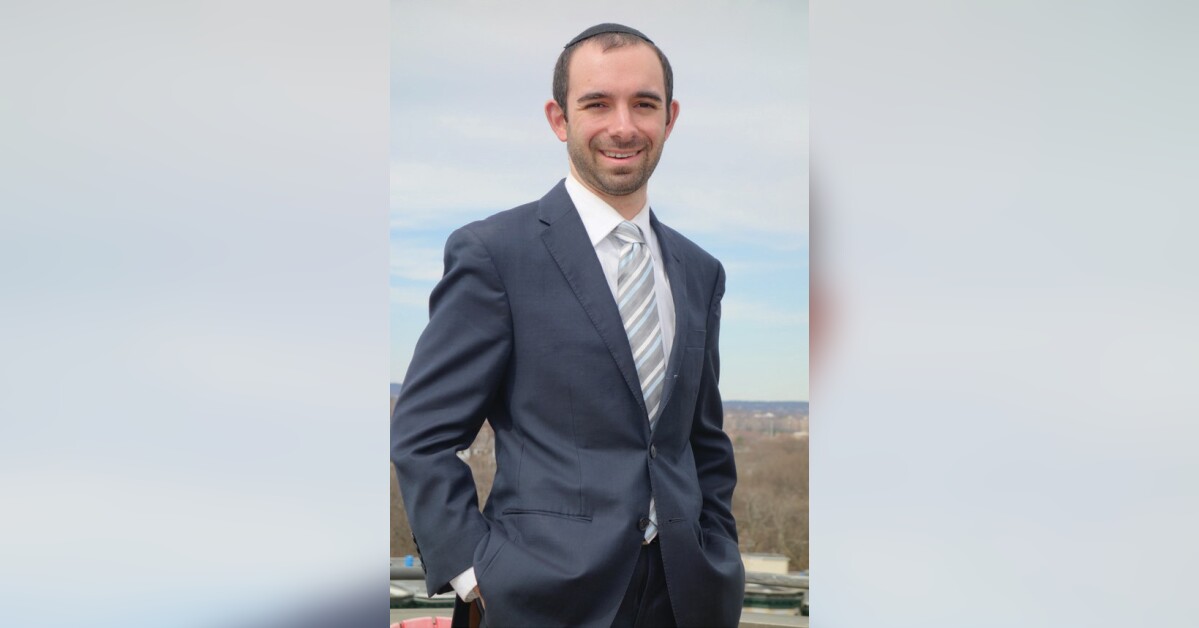ZEV ELEFF…president of Gratz College and professor of American Jewish History.
Why do Americans spend so much time talking about “greatness?” How Is the American view of greatness different from the views of Jews or Europeans?
These are two of the questions Zev Eleff discussed during an interview about his latest book, “The Greatest of All Time: A History of An American Obsession.” Eleff is the president of Gratz College and a professor of American Jewish history at Gratz, which was founded in 1895 and has multiple campuses in the Philadelphia suburbs.
Eleff, interviewed at Gratz’s Bala Cynwyd, PA campus, said he was motivated to write the book after writing an earlier book, “Dyed in Crimson,” about the 1920 Rose Bowl, which was won by Harvard. Eleff, a huge sports fan, saw that the famed Jim Thorpe said that Eddie Mahon, a running back for Harvard and a coach of the 1920 team, was the greatest running back he had ever seen.
“I’ve never seen Eddie Mahan raised to the rank of the football gods,” said Eleff. He added that he saw that “greatness” is a variable that has changed over time. This book is not a Jewish book or a religious studies book, noted Eleff, but rather an American cultural history book.
Quoting Jonathan Sarna, his teacher at Brandeis, Eleff said that “machloket” (disagreement), debate, and change is an historian’s friend.
“I’m interested in how Americans have used greatness discourse,” said Eleff. As an example, he pointed to the debate about whether Michael Jordan or Lebron James is the greatest basketball player ever. Ostensibly, the debate is about sports, but Eleff said it’s also about race.
Michael Jordan was apolitical, refusing to campaign for Democratic candidates. His image was clean-cut, and he once said that Republicans buy shoes too. Lebron James, on the other hand, is more outspoken politically. “There is something going on about race” in the conversation, said Eleff. This was also true about legendary football player Jim Brown, who was very political. He was replaced as “the greatest” at the time by OJ Simpson, who was viewed, ironic in retrospect, as more “palatable.” Greatness has a lot to do with our own expectations, noted Eleff.
Eleff said that Jews have their own particular historical view of greatness and pride in achievement, whether it be Barbra Streisand, Sandy Koufax, or the “the Gedolim,” the great rabbis. “We too are part of a long history of establishing ‘symbolic exemplars,’” said Eleff.
Eleff’s book talks about how Americans and Europeans differ on their views of greatness. Americans view “changemakers” as great. Jordan changed the game of basketball. America also extols self-made people who changed the world, such as Abraham Lincoln. In Europe, greatness was reserved for military leaders and kings and queens.
Jewish culture, said Eleff, also celebrates meritocracy. Moses wanted his sons to lead, but G-d said that Joshua would lead because he deserves it. Jews have also celebrated those responsible for change, such as Herzl, Maimonides, and Henrietta Szold. “They rose to the level of changemakers,” said Eleff.
Asked about President Trump and his “Make America Great Again” movement, Eleff said that every president since Ronald Reagan has spoken about American greatness, but Donald Trump has received more attention.
Eleff said that Trump’s view of greatness has a larger “nostalgia” element to it than past presidents, whose view of greatness was more “forward-thinking.”
“It’s not new with Donald Trump, but context matters–a nostalgia element as well as the polarization,” commented Eleff. He said that in the past, Americans would talk about the great changemakers Thomas Edison, Babe Ruth, the Beatles, who changed the sound of music. Now, we are looking at greatness nostalgically.


